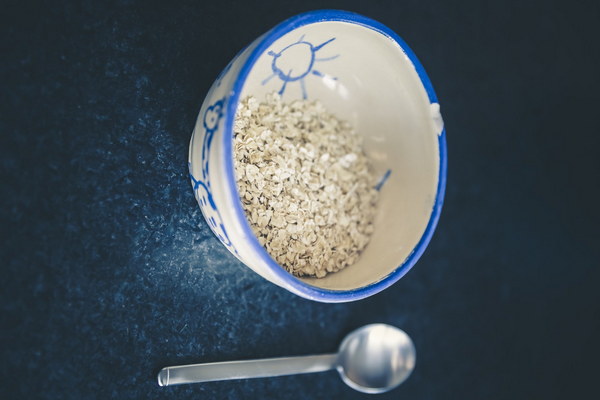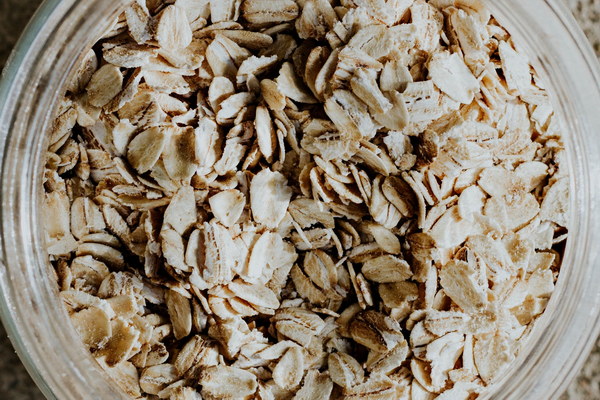Optimal Nutritional Support for Crohn's Disease Patients A Comprehensive Guide
Crohn's disease, an inflammatory bowel disease (IBD), poses significant challenges to those living with it. It is essential for individuals with Crohn's disease to receive proper nutritional support to maintain their health and well-being. This article aims to provide a comprehensive guide on how Crohn's disease patients can effectively supplement their diet to manage their condition.
1. Understanding the nutritional needs of Crohn's disease patients
Crohn's disease can affect various parts of the gastrointestinal tract, leading to symptoms such as diarrhea, abdominal pain, and malabsorption of nutrients. This can result in nutritional deficiencies and weaken the body's immune system. It is crucial for patients to focus on the following nutritional needs:
a. Adequate calories: To support weight gain and maintain energy levels, patients should aim to consume enough calories. High-calorie, easily digestible foods such as nut butters, smoothies, and shakes are recommended.
b. Protein: Protein is vital for tissue repair and maintenance. Good sources of protein include lean meats, fish, eggs, dairy products, legumes, and plant-based alternatives.
c. Fat: Healthy fats, particularly omega-3 fatty acids, can help reduce inflammation. Sources of healthy fats include fish, flaxseeds, chia seeds, walnuts, and avocados.
d. Fiber: While high-fiber foods can be challenging for Crohn's disease patients, some fibers can be beneficial. Psyllium husk, inulin, and glucomannan are prebiotic fibers that can help improve gut health.

e. Vitamins and minerals: Deficiencies in vitamins and minerals are common in Crohn's disease patients. It is important to ensure adequate intake of calcium, iron, vitamin D, vitamin B12, vitamin A, vitamin K, and zinc.
2. Strategies for incorporating nutritional supplements
In some cases, dietary adjustments alone may not be sufficient to meet the nutritional needs of Crohn's disease patients. Here are some strategies for incorporating supplements:
a. Multivitamin and mineral supplement: A daily multivitamin and mineral supplement can help fill in nutritional gaps. It is important to choose a supplement that is suitable for individuals with IBD and free from additives that may exacerbate symptoms.
b. Vitamin D and calcium: Vitamin D and calcium are crucial for bone health. Patients may require supplements to maintain adequate levels, especially if they have malabsorption issues.
c. Vitamin B12: B12 deficiency is common in Crohn's disease patients, and supplements may be necessary. B12 can be taken in the form of injections, sublingual tablets, or oral tablets.
d. Omega-3 fatty acids: Omega-3 supplements, such as fish oil, can help reduce inflammation. It is important to consult a healthcare professional before starting omega-3 supplementation, as high doses may have side effects.
3. Consulting healthcare professionals
It is essential for Crohn's disease patients to work closely with healthcare professionals, including a primary care physician, gastroenterologist, and dietitian. They can provide personalized recommendations and monitor the patient's nutritional status and response to supplements.
4. Conclusion
In conclusion, Crohn's disease patients require specific nutritional support to manage their condition and maintain their health. By focusing on adequate calorie and nutrient intake, incorporating supplements when necessary, and consulting healthcare professionals, patients can optimize their nutritional status and improve their quality of life.









